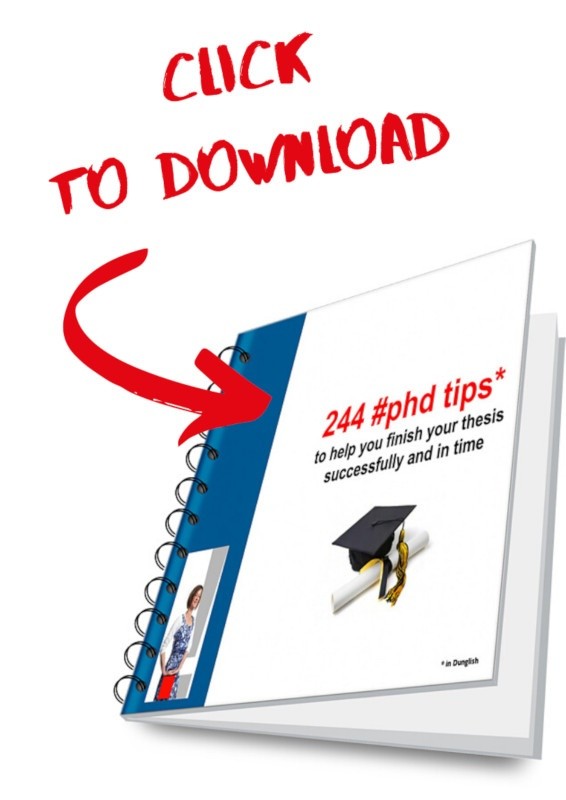A great deal of research has been conducted to figure out how professional writers write. Results of that research show that writing is a cognitive process; a sort of problem solving. Writing is a recursive process. Recursion is the process a procedure goes through when one of the steps of the procedure involves rerunning the procedure. A procedure that goes through recursion is said to be recursive. Writers don’t have a specific beginning and ending to their process of writing. Also they make significant use of their long term memory, knowledge, images, experiences, memories. By connecting them, new links are established that result in new texts with original ideas.
Connection of these links doesn’t occur automatically, you need a ‘flexibel mind’, you need thinking strategies in order to train your mind.
One of these thinking strategies is asking questions. A technique used for centuries by philosophers, like Socrates who is famous for using this strategy. How does it work?
- choose a subject, for example a particular aspect of your research
- ask questions: who, what, where, when, why, which, how (for example: what is is, why is this important, when is it relevant, how does it work, which aspects are related?)
- answer the questions
- continue asking questions, divide the questions into fact questions, opinions, feelings and emotion
- answer these questions
Do you want to go one step further? Change your subject into an abstract character and start a conversation with him/her. Chances are that you will have an unexpected dialogue.
Asking questions will deepen your subject. It will also help you to stay curious, which is crucial for you as a PhD student.
Are you fluent in Dutch and would you like to learn even more strategies to make sure your writing will become easier? Join me at the ‘Proefschriftschrijfdriedaagse‘ which will be entirely in Dutch and will take place from the 26th till the 29th of August.
I will also organise English versions, so watch out for your newsletters for new updates.
Do you want to stay informed about all the handy tips, tricks and tools? Receive 244 #phd tips and get the newsletter as a bonus! Register here.





